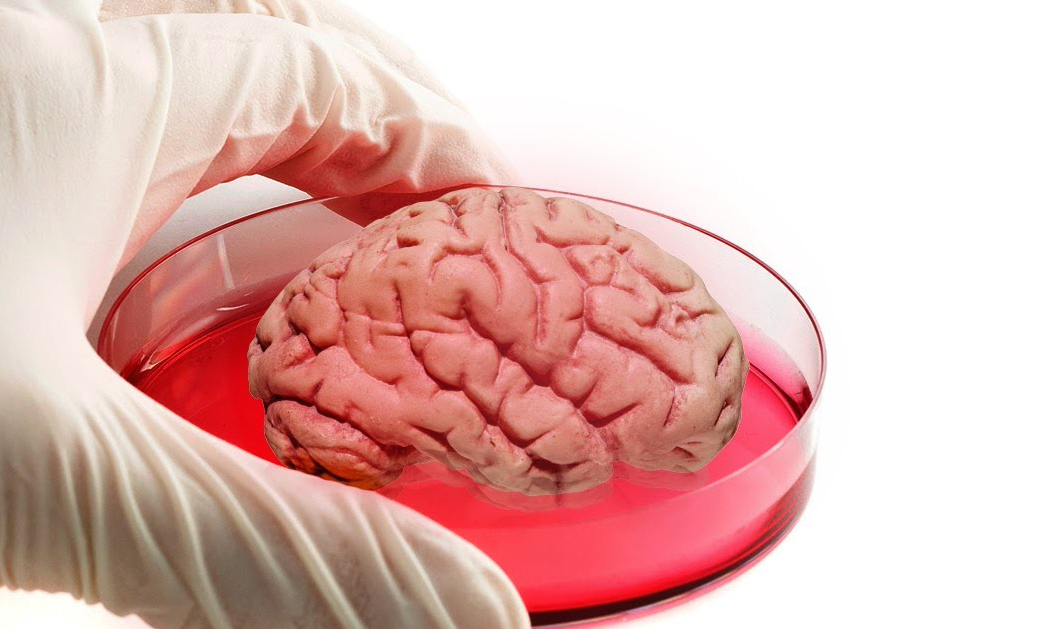
The size of a pencil eraser, the brain seems promising. Engineered from adult human skin cells and grown in a dish for 15 weeks, the brain has the maturity of a 5-week-old fetal brain and contains 99% of the genes from a fully developed human fetal brain.
If it is licensed for commercial use, it could speed research for neurological diseases and disorders such as Alzheimer’s and autism. Current methods using mouse brains for research are not guaranteed to produce identical clinical outcomes to human brains, so the discovery will allow scientists to test therapy techniques and record results with record efficiency and accuracy. It is also an ethical alternative to using mice. The brain does not have any sensory stimuli entering it, so it is not thinking.
“If we let it go to 16 or 20 weeks, that might complete it, filling in that 1 percent of missing genes,” says Rene Anand, an Ohio State professor that worked on the project. “We don’t know yet.”
However, that is only the beginning of questions and skepticism about the project.

Anand’s image of 12-week-old human mini-brains; Image by Rene Anand
The results are dubious at best, and even Anand’s peers are doubtful of his work. His claims have not been peer-reviewed, since the breakthrough was announced at the 2015 Military Health System Research Symposium as a military application for traumatic brain injury and PTSD.
“When someone makes such an extraordinary claim as this, you have to be cautious until they are willing to reveal their data,” says Zameel Cader, a consultant neurologist at the John Radcliffe Hospital. Anand still has not published the details of his brain model due to a pending patent.
Previous attempts at growing a brain by the Institute of Molecular Biotechnology of the Austrian Academy of Sciences resulted in a brain with the development of a 9-week-old fetus that was incapable of thought. While this brain only contained specific aspects of the brain, Anand states that his team’s results have everything except for a vascular system.

A labeled brain organoid; Image by Ohio State University
However, Anand seems to be actively looking for funding for the project, perhaps suggesting that he is receiving inadequate funding for his research. He has launched a GoFundMe page which is still far from achieving its goal despite hitting its 9 month mark, in addition to creating a startup just to commercialize the brain organoid.
Still, if the brain proves to be a success, it could provide breakthroughs with autism and Alzheimer’s, neither of which have a cure or even reasonable clinical treatments at this time.